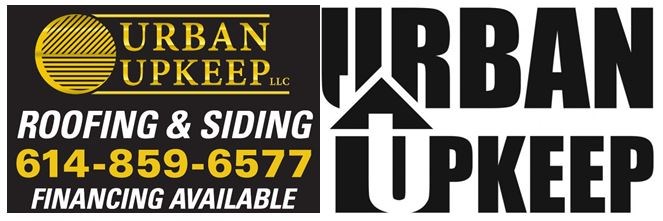
Get matched with top gas log pros in Payne, OH
Enter your zip and get matched with up to 5 pros
Need a pro for your gas log service project in Payne, OH?
Verified Reviews for Gas Log Service pros in Payne, OH
*The Angi rating for Gas Log Service companies in Payne, OH is a rating based on verified reviews from our community of homeowners who have used these pros to meet their Gas Log Service needs.
*The HomeAdvisor rating for Gas Log Service companies in Payne, OH is a rating based on verified reviews from our community of homeowners who have used these pros to meet their Gas Log Service needs.
Last update on December 13, 2025
Find Gas log pros in Payne
Rangels Plumbing & Heating
Rangels Plumbing & Heating
WE are a family owned and operated busniness. Since 1985
WE are a family owned and operated busniness. Since 1985
S&S Plumbing
S&S Plumbing
Family owned and operated! Over 20 years experience, serving the tri-state. We do offer a 10% discount off labor to our Veterans!
Family owned and operated! Over 20 years experience, serving the tri-state. We do offer a 10% discount off labor to our Veterans!
"Everything went smoothly and work was performed as requested."
Amy L on January 2018
Family owned.
"Everything went smoothly and work was performed as requested."
Amy L on January 2018
The homeowners guide to home care is here
From average costs to expert advice, get all the answers you need to get your job done.

Warm floors, warm feet. Learn how much radiant heated floor costs, types of radiant floor heating systems, and pros and cons.

Linoleum is a popular flooring material because it’s one of the most affordable—but linoleum flooring costs vary from project to project. Let’s break it down.

Mobile home floor repair costs are similar to flooring repair costs in other types of homes. It all depends on the damage, size, and materials.

Vinyl flooring is affordable and DIY-friendly, whether you make a template or cut it in place. Learn how to install sheet vinyl flooring with this guide.

If you’re putting in new carpeting, you may be wondering if you should install your baseboard before or after carpet. Here’s how to do it the right way.

Learning how to install transition strips in doorways makes the transition between rooms smoother and protects the edges of the flooring.
- Woodburn, IN Gas log pros
- Monroeville, IN Gas log pros
- Harlan, IN Gas log pros
- New Haven, IN Gas log pros
- Grabill, IN Gas log pros
- Spencerville, IN Gas log pros
- Hoagland, IN Gas log pros
- Leo, IN Gas log pros
- Saint Joe, IN Gas log pros
- Decatur, IN Gas log pros
- Fort Wayne, IN Gas log pros
- Butler, IN Gas log pros
- Huntertown, IN Gas log pros
- Monroe, IN Gas log pros
- Auburn, IN Gas log pros
- Ossian, IN Gas log pros
- Yoder, IN Gas log pros
- Plumbing in Payne
- Tree Service in Payne
- Roofing in Payne
- Fencing in Payne
- Pest Control in Payne
- Asbestos Removal in Payne
- Concrete Repair in Payne
- Garage Doors in Payne
- Insulation in Payne
- Swimming Pools in Payne
- Painting in Payne
- Gutter Cleaning in Payne
- Flooring in Payne
- Kitchen And Bath Remodeling in Payne
- Foundation Repair in Payne
- Siding in Payne
- Garbage Collection in Payne
- Mailbox Repair in Payne
- Lawn And Yard Work in Payne
- Windows in Payne
- Holiday Decorating in Payne
- Interior Painting in Payne
- Small Appliance Repair in Payne
- Locksmiths in Payne
- Electrical in Payne
- Basement Waterproofing in Payne
- Cleaning in Payne
- Chimney Sweep in Payne
- Playground Equipment in Payne
- Plumbing in Payne
- 🌱 "Mow a small front yard"
- 🛠 "Fix a leaking pipe under the sink"
- 🏠 "Repair shingles on an asphalt roof"





